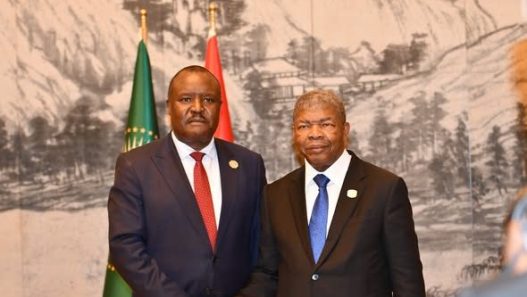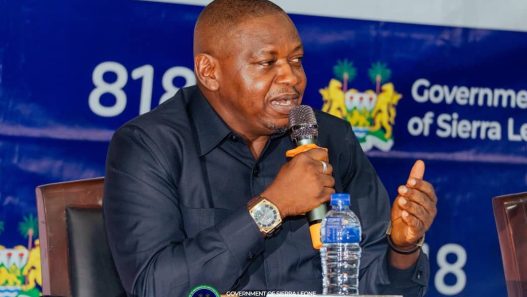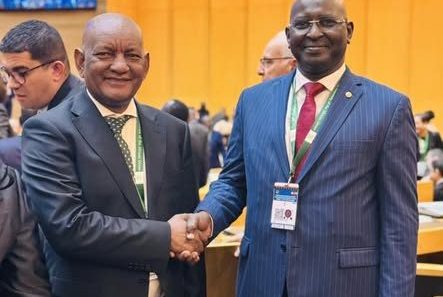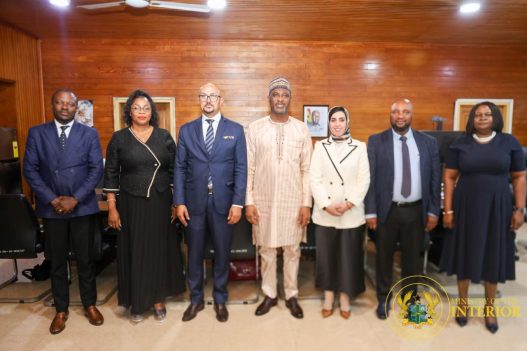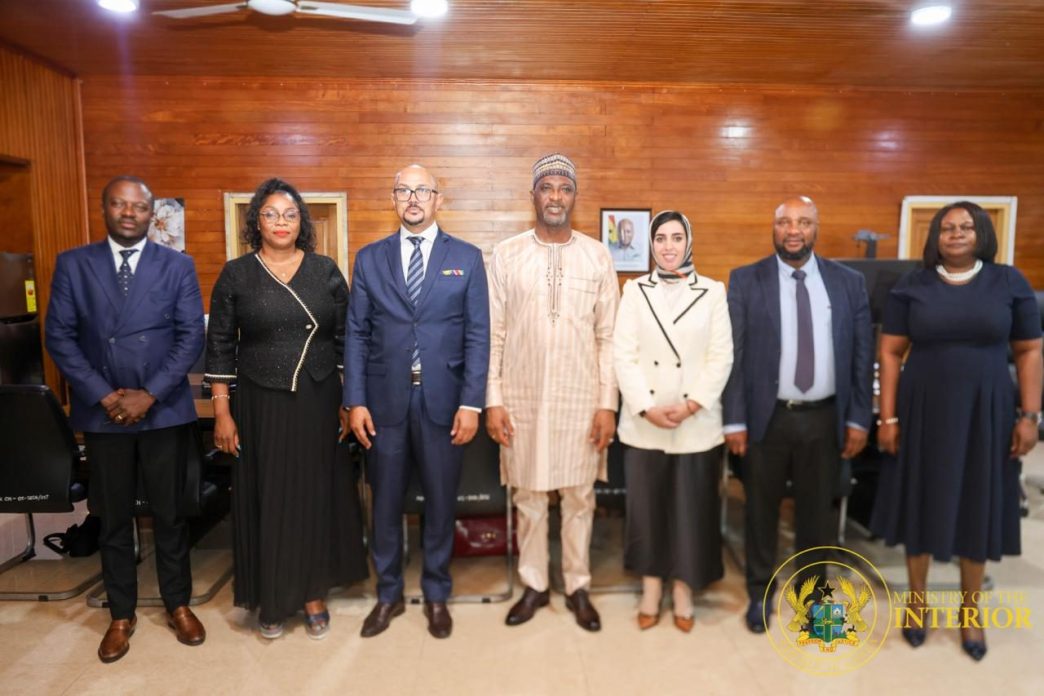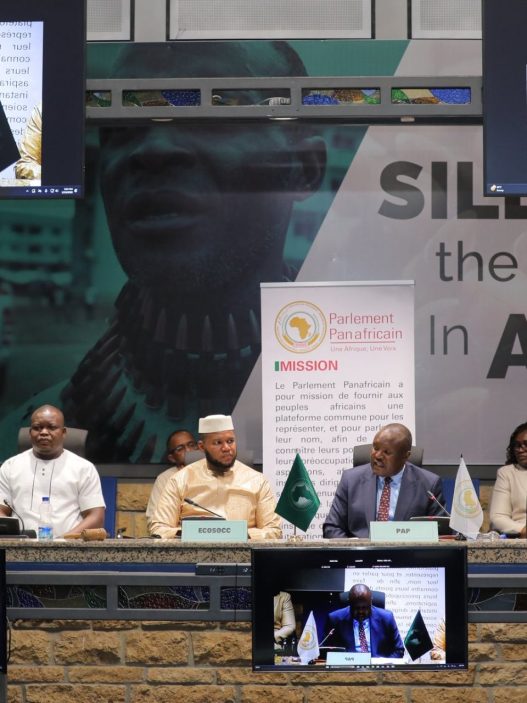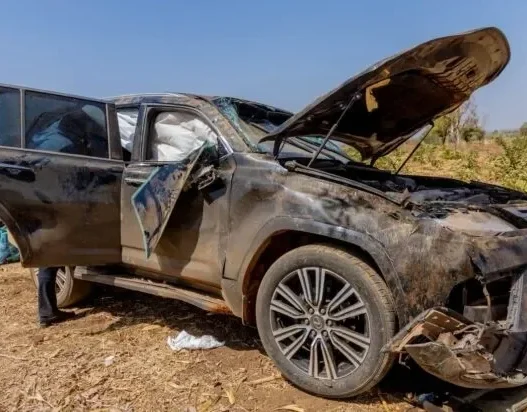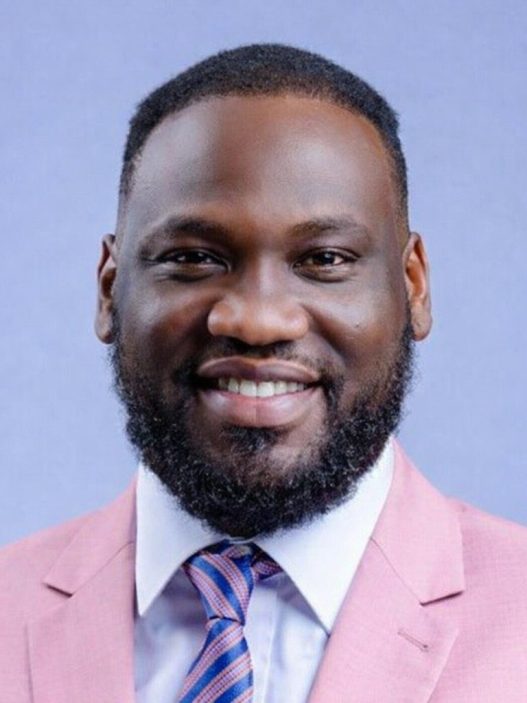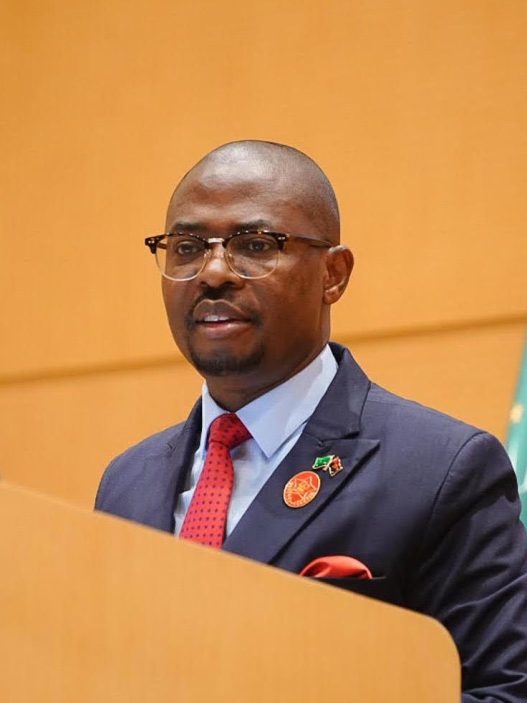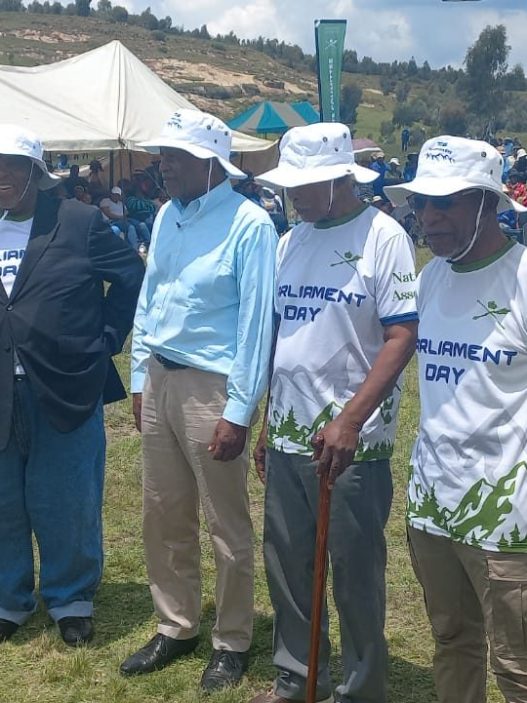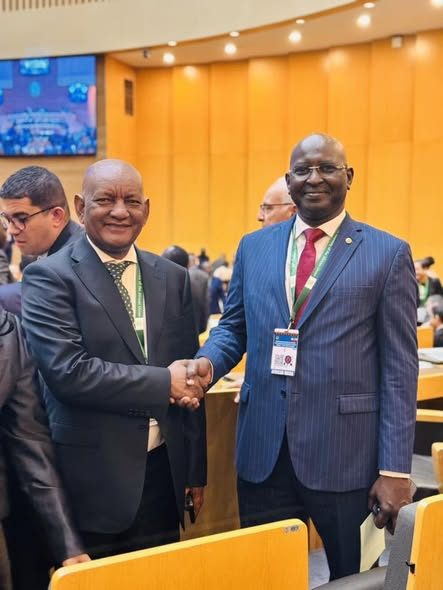By Clement Akoloh/Communications Officer for the Parliamentary Network Africa(PNAfrica) – A Parliamentary Affairs and Governance Advocate
The recent working mission of the Pan-African Parliament (PAP) Committee on Trade, Customs and Immigration Matters to Ghana ended with a renewed sense of urgency—and a clear warning. Africa’s integration project, embodied in the African Continental Free Trade Area (AfCFTA), stands at a crossroads. It is rich with promise, yet fragile in its implementation. It is celebrated in diplomatic speeches, yet starved of the resources that could transform it from an aspiration into a lived reality.
Hon. Rodney Cloete, the Namibian legislator who spoke to the media at the Noepe/Akanu border, may have delivered one of the most brutally honest assessments of Africa’s integration journey in recent years. His message was simple: Africa must stop outsourcing its future.
A Border That Tells a Bigger Story
Noepe, a one-stop border post between Ghana and Togo, is more than a checkpoint. It is a lens through which one can observe the continent’s successes and failures in real time.
Here, traders move daily with national ID cards—an encouraging sign of rising trust between neighboring states. Goods flow with fewer hurdles than in past decades. Ghana and Togo’s border officials work side-by-side with a camaraderie rarely seen in regions still haunted by colonial-era divisions.
Yet, beneath this progress lies another reality: insufficient facilities, limited equipment, and administrative bottlenecks that slow the movement of people and goods. These are visible reminders that policy commitments alone cannot birth economic transformation. They must be matched with investment.
Colonial Borders Are Still Policing African Dreams
Africa’s borders remain among the most illogical boundaries on earth—lines drawn in European capitals with little regard for indigenous identities or economic logic. Hon. Cloete’s reflection that “the biggest challenge is the colonial history that created these borders” is not merely a political statement; it is an economic truth.
Trade in Africa is still more difficult between African countries than between Africa and Europe. A trader in West Africa may cross several borders requiring multiple permits, inspections, and paperwork—yet that same trader could import goods from China or Europe with fewer bureaucratic layers.
Africa inherited not only the borders but the bureaucratic mindset that enforced them. The overly rigid administrative cultures that persist today are not just inconvenient—they are a threat to Africa’s economic future.
Ghana’s Pan-African Leadership: A Beacon in a Fractured Region
Hon. Cloete’s admiration for Ghana’s political will is not unfounded. Ghana’s historical and symbolic role as the cradle of modern Pan-Africanism continues to shape its foreign policy and regional engagements. From Kwame Nkrumah’s dream of a united Africa to Ghana hosting the AfCFTA Secretariat today, the country remains the heartbeat of African integration.
It is telling that during their engagements, the PAP delegation heard consistent commitments from Ghana’s Ministers of Trade, Interior, and Foreign Affairs. This is the type of leadership the continent needs—not just pro-Africa rhetoric, but sustained political will backed by actionable commitments.
Still, Ghana alone cannot pull the continent forward. Pan-Africanism cannot be a Ghanaian project; it must be an African project.
The Uncomfortable Question: Who Funds AfCFTA?
One of the boldest arguments made during the mission is also one of the most uncomfortable: Africa’s premier trade institution is still largely dependent on external funding.
How can a continent speak of economic liberation while outsourcing the financing of its flagship integration project?
The fact that donors continue to carry the financial burden of AfCFTA’s operations is symptomatic of a deeper continental hesitation. Hon. Cloete’s proposal that each of the 55 African countries contribute at least US$1 million annually is not unreasonable. In fact, it is modest. The combined value would still be lower than what many African states spend on importing luxury vehicles for government officials.
If Africa wants to decide its economic destiny, it must be willing to pay for it.
The PAP’s Emerging Role in Integration
The Pan-African Parliament occupies a unique place in Africa’s governance landscape. Although not yet vested with full legislative powers, it remains the only continental body that draws its membership directly from national parliaments. This gives PAP a natural mandate to advocate, persuade, and mobilize lawmakers across the continent.
Hon. Cloete’s pledge that PAP will begin tracking which Parliaments have or have not fully signed or ratified AfCFTA is a significant shift from passive continental diplomacy to active continental lobbying.
This is long overdue.
The AfCFTA cannot succeed if member states cherry-pick commitments or drag their feet on domestic legislation. Integration is collective work.
Africa’s Young People Cannot Eat Political Speeches
Perhaps the most compelling argument from the PAP delegation is the reminder that Africa’s future—its youth—cannot continue to inherit a fragmented continent. Every obstacle to free movement, every delay at a border, every duplicated inspection, every tariff and non-tariff barrier is an obstacle to opportunity.
The continent’s young people do not need more conferences or communiqués; they need jobs, markets, and mobility. AfCFTA is one of the few realistic avenues to deliver these at scale.
A Call to Continental Courage
The PAP mission to Ghana should remind all Africans of one simple truth:
Integration is not a technical process. It is a political decision.
It is a choice to prioritize African prosperity over the comfort of inherited systems.
A choice to dismantle borders that no longer serve us.
A choice to end donor dependency and build institutions financed by Africans.
If Africa can take this bold step, then border posts like Noepe will not only facilitate trade—they will symbolize the continent’s collective determination to rewrite its economic story.
But if Africa fails to act, then AfCFTA risks becoming just another beautifully worded agreement gathering dust in political archives.
The time for Pan-African courage is now.

